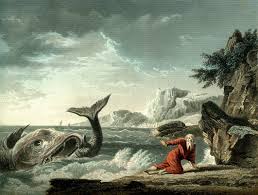
“Several days ago, on the day of the Feast of the Guardian Angels, we reflected on docility to God, docility to the Holy Spirit, as a way of holiness and of Christian life”, Francis recalled at the beginning of the homily.
Then, he continued, “in these three days — yesterday, today and tomorrow — the liturgy makes us reflect on the opposite, that is, on resisting God’s will: not doing what God wants, not being docile”.
The Pontiff then pointed out that “the character who resists is the prophet Jonah”, who “truly was an obstinate man”. The day’s Readings were taken from the very book that bears his name. Jonah, the Pope explained, “had his ideas, his own ideas, and no one — not even God! — could make him change his mind”. The Readings from “yesterday’s Liturgy told us of when the Lord sent him to Nineveh to preach for the conversion of Nineveh, and he fled in the opposite direction, toward Spain”. Then came “the shipwreck and the whole story that we know” (1:1-2:2, 10).
“After that experience”, the Pontiff said, rereading the passage (3:1-10), Jonah “learns that he must obey the Lord: ‘Arise, go to Nineveh, that great city”. Jonah then “obeys, he goes and preaches. He preaches so well: so much is the grace of God with him that the city converts, does penance, changes life”. Truly, “he performs a miracle, because in this case he has abandoned his obstinacy and obeyed the will of God, and he has done as the Lord commanded him”.
In the “third chapter, which the Liturgy offers us tomorrow” (4:1-11), the Pope continued, “Nineveh converts and, facing this conversion Jonah, this man who is not docile to the Spirit of God, becomes angry”. Scripture states that “it displeased Jonah exceedingly, and he was angry”, and even rebuked the Lord: “is this not what I said when I was yet in my country? That is why I made haste to flee to Tarshish for I knew that thou art a gracious God and merciful, slow to anger, and abounding in all steadfast love, and repentest of evil”.
Thus, Francis summarized, “the first chapter is resistance to the mission that the Lord entrusted to him: ‘Go and preach, so that they may convert’. And he is resistant”. Then, “the second chapter is obedience, and when one obeys, miracles are made”. Thus, Jonah’s obedience to the will of God is the conversion of Nineveh.
Finally, “the third chapter: there is resistance to the mercy of God”. Jonah turns to the Lord, as if to say: “I did all the work of preaching, I did my task well, and you forgive them?”. His heart, Francis pointed out, has a “hardness that does not allow God’s mercy to enter: my preaching is more important, my thoughts are more important, that whole list of commandments that I must make [them] observe is more important — everything, everything, everything — than the mercy of God”.
And “this drama”, the Pontiff affirmed, “even Jesus lived it with the doctors of the law who did not understand why he would not let that adulterous woman to be stoned” and why “he went to supper with tax collectors and sinners”. The point is that “they did not understand his mercy”. Jonah says: “you are merciful and compassionate”, but “he does not approve”.
Psalm 130[129], “which we prayed today”, Francis continued, “tells us to wait for the Lord ‘for with the Lord there is steadfast love and with him is plenteous redemption’”. Therefore, the Pope said, “where there is the Lord, there is mercy”. And “St Ambrose added: ‘where there is rigidity there are his ministers’, referring to the “obstinacy that defies the mission, that defies mercy”.
As we are “near the start of the year of mercy”, the Pontiff exhorted before returning to the celebration — “let us pray to the Lord that he make us able to understand what his heart is like, what ‘mercy’ means, what it means when he says: ‘I want mercy, not sacrifice’”. And this is why, the Pope concluded, “in the collect prayer of the Mass we asked a great deal with that really beautiful phrase: “Pour out your mercy upon us”, because God’s mercy is understood only when it has been poured out onto us, onto our sins, onto our miseries”.

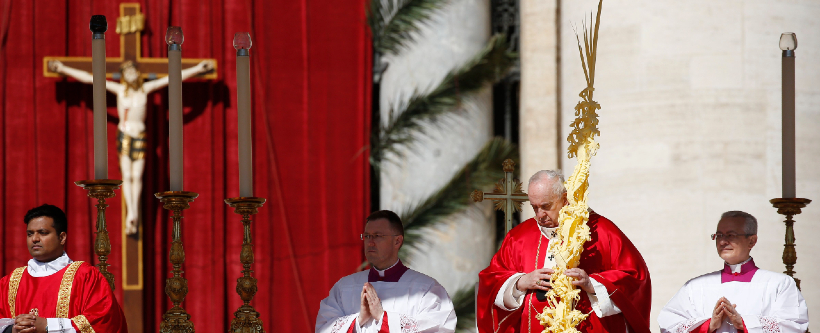
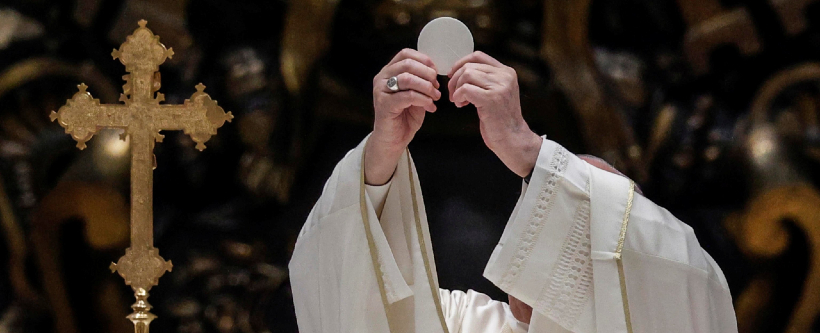
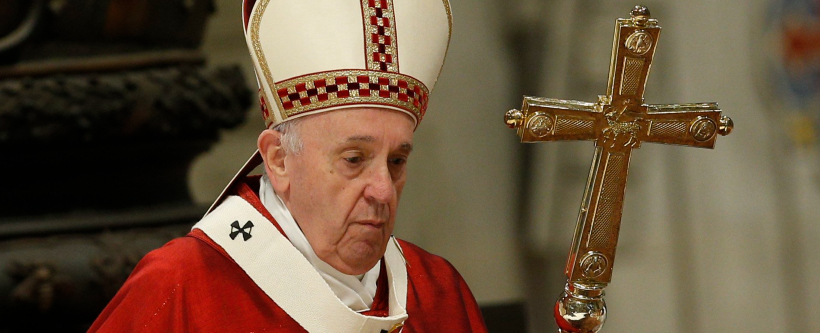
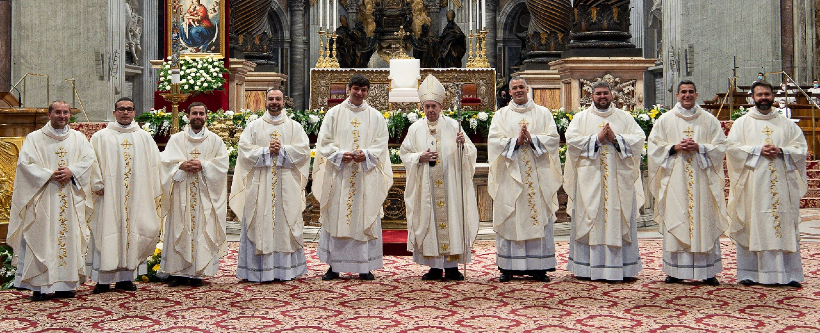
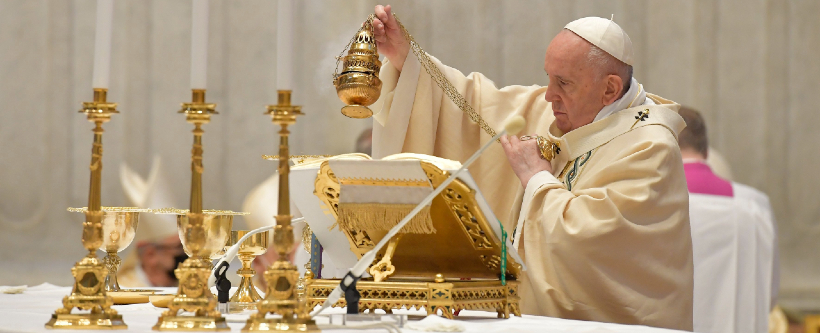
Facebook Comments